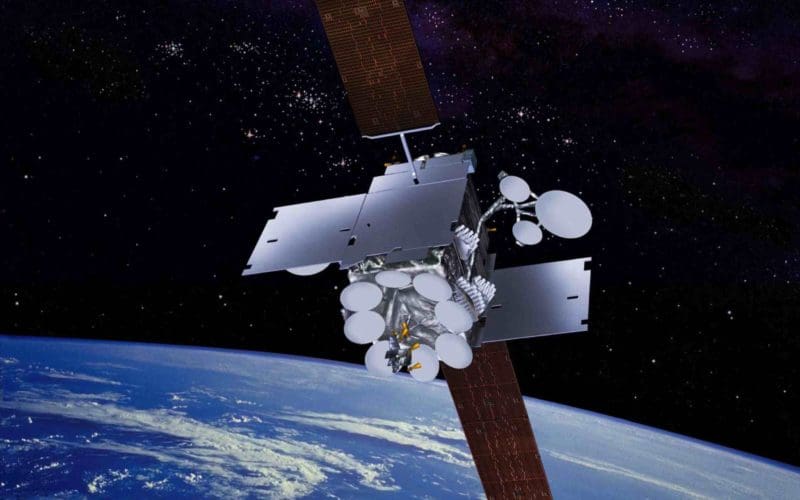Inmarsat, which provides communications services to professional and recreational mariners, is upgrading its worldwide data to what it calls Global Xpress, reportedly the world's first high speed mobile broadband service. The large satellites that will handle the space segment of Global Xpress are being built by Boeing at its El Segundo facility in California. Before the spacecraft are ready for launch, they must be tested to handle the rigorous conditions of space.
One test is a thermal vacuum test that subjects the satellites to the bitter cold and airless nature of space. Amazingly, heat is an issue too for spacecraft in orbit. While the shadowed side of the birds can be subjected to -389° F (-234° C), the sun side may be experiencing heating at 390° F (199° C).
To simulate the stresses of launch, the satellites are put on a rig that shakes them at 30 Hz on all three axes. The spacecraft are also blasted with low-frequency sound louder than a jet engine at takeoff.
The sheer size of these satellites is inferred from the span of their solar panels – 135 feet from tip to tip, larger than the wingspan of a Boeing 737.

